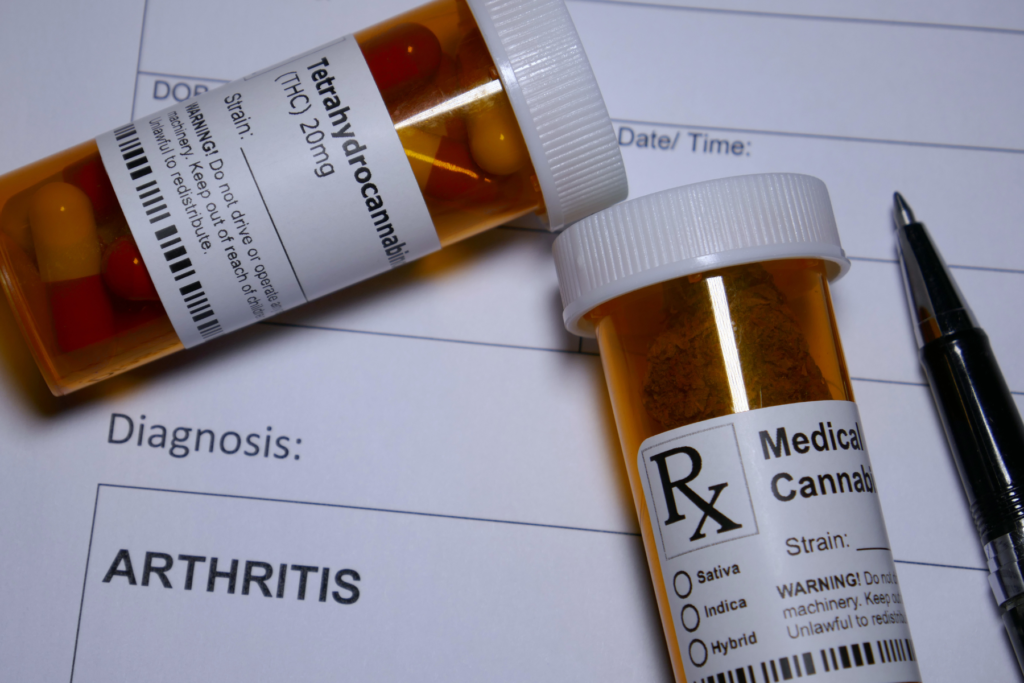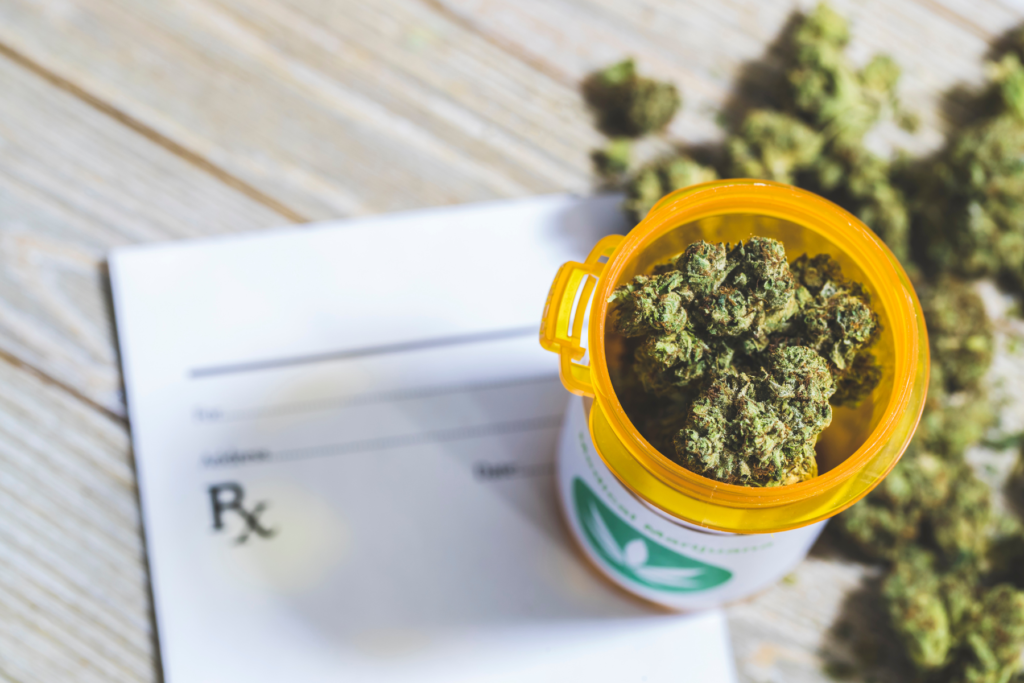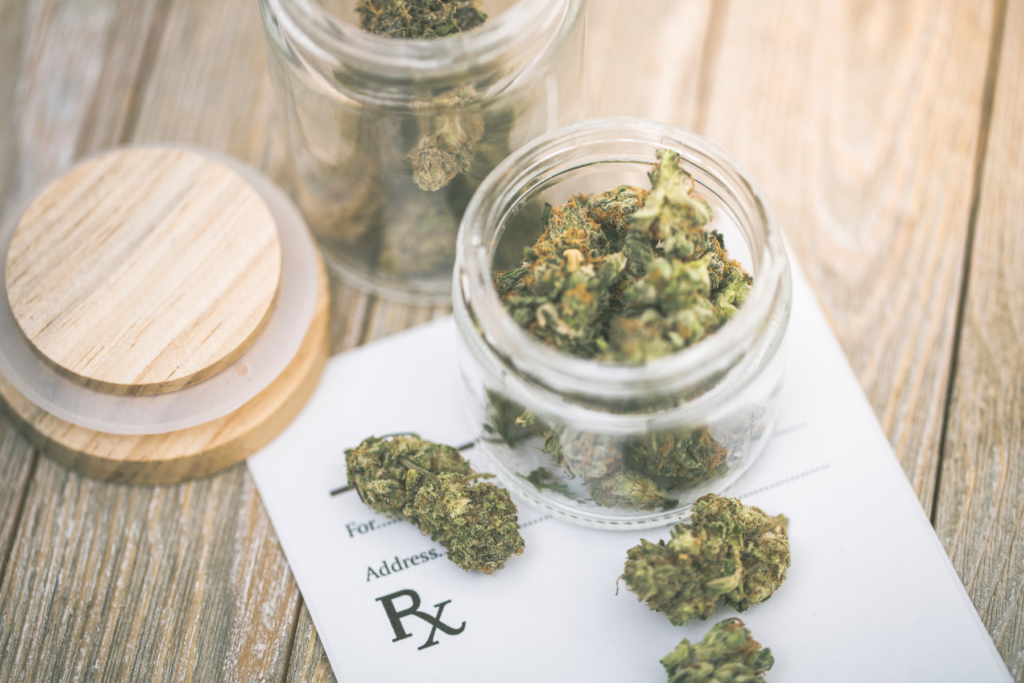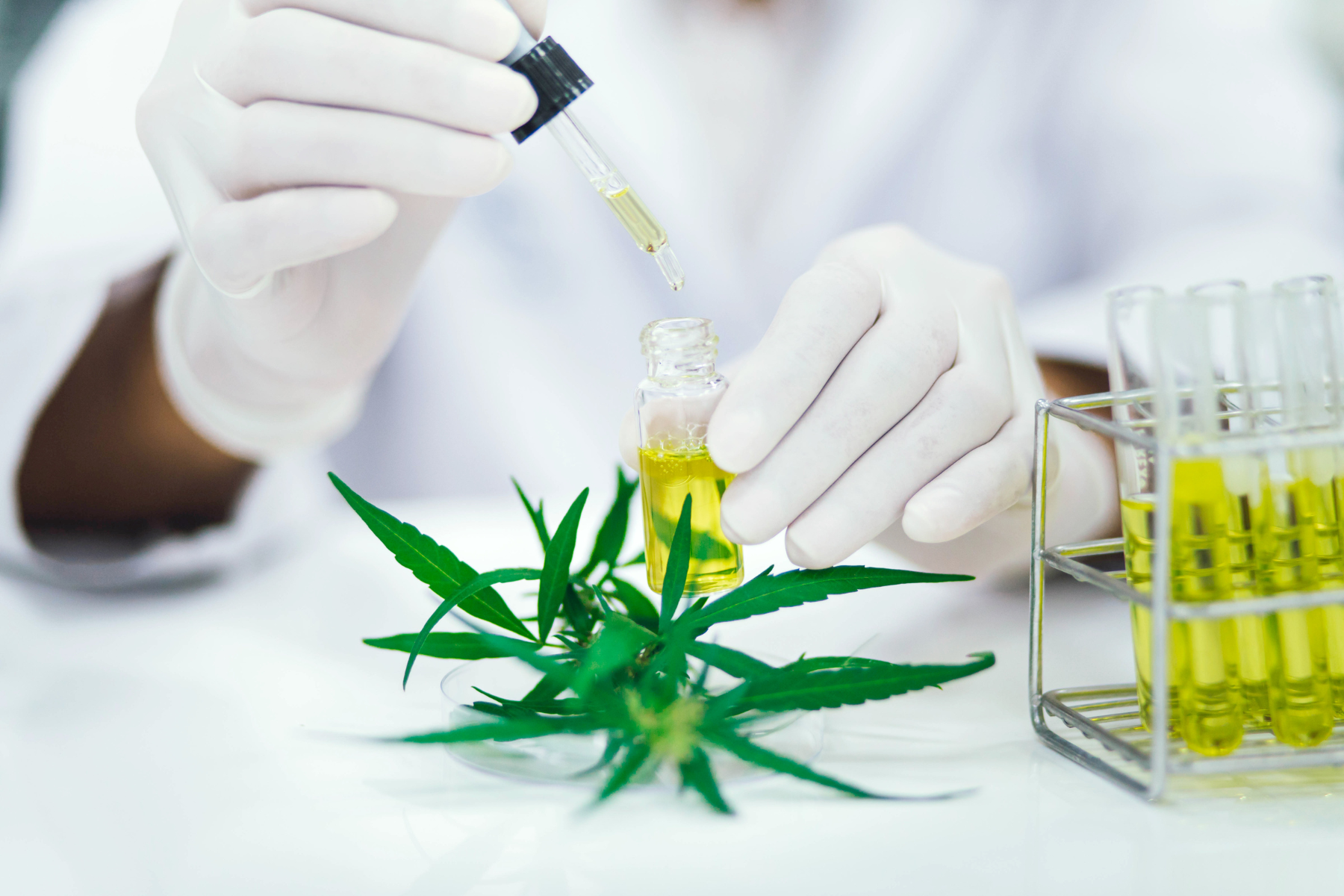In November 2016, Florida voters passed Amendment 2, which legalized medical marijuana for patients with certain qualifying conditions. The amendment went into effect on January 3, 2017.
Since then, the number of patients in the state’s medical marijuana program has been steadily growing.
How Do You Get a Medical Marijuana Card in Florida?
If you think medical marijuana could help you manage your condition, here’s a step-by-step guide with everything you need to know about getting a medical marijuana card in the state of Florida.
Qualifying Conditions to get a Medical Marijuana Card in Florida
In order to be eligible for a medical marijuana card in Florida, you must be a resident of the state with a valid ID.
In order to be eligible for a medical marijuana card in Florida, you must have one of the following qualified medical conditions:
- Cancer
- Epilepsy
- Glaucoma
- HIV/AIDS
- Post-Traumatic Stress Disorder (PTSD)
- Amyotrophic Lateral Sclerosis (ALS)
- Crohn’s Disease
- Parkinson’s Disease
- Multiple Sclerosis
Yes, medical marijuana is an approved product for many qualified patients also suffering from depression, anxiety disorders, and chronic pain in Florida.
Florida residents under 18 years of age can also qualify if they have been diagnosed with a terminal condition or if they suffer from a qualifying health condition like chronic seizures or severe and persistent muscle spasms.
If you don’t have a qualifying condition, you aren’t eligible for a medical marijuana card.
Marijuana is only considered ‘medical’ in Florida if it is purchased by a qualified patient in a licensed medical marijuana treatment center.

The Process of Getting a Medical Marijuana Card in Florida
If you think you might qualify for a medical marijuana card in Florida, the first step is to schedule an appointment with a qualified physician.
The licensed physician will need to perform a physical examination and review your medical history to determine if you have a qualifying condition. If the physician believes that you do, they will fill out the necessary paperwork and submit it to the Florida Department of Health.
The next step is to register with the Florida Office of Medical Marijuana Use.
You can do this online or by mail. The registration fee is $75 for medical marijuana patients and you’ll need to provide proof of residency and your ID.

You’ll also need to submit your physician certification forms as well as your completed application. After your application process, you’ll receive an email letting you know that you’re registered. Then, you can begin ordering medical marijuana from a licensed dispensary.
Once your application has been approved, you will be issued a medical marijuana card.
First, people approved by the state of Florida will get a temporary card sent to their email address the following week. Processing time takes 5-10 business days. Then, a physical card will follow in the mail.
After that, you’ll be able to purchase medical marijuana from one of Florida’s many dispensaries or medical marijuana treatment centers.

You won’t be able to go to any dispensaries in Florida without a medical card. According to the state medical marijuana laws, Florida does not recognize patients with medical marijuana cards from other states.
Florida law enforcement doesn’t have access to the Medical Marijuana Use, or MMU, to determine if you are an active patient or if you have seen your doctor as required. Though the department may be able to acquire medical records through other channels.
The easiest, and safest, way to travel with medical marijuana is within state lines. Since the entire state of Florida recognizes the Compassionate Medical Cannabis Act, you can safely transport medical cannabis by car anywhere in the state in properly sealed and labeled containers. You must also have your Florida-issued MMJ card.

What Are Some Medical Marijuana Products?
A qualified physician may not issue a physician certification for more than three 70-day supply limits of marijuana or more than six 35-day supply limits of marijuana in a form for smoking.
Currently, there are over 200 medical marijuana dispensaries statewide.
Available treatments in the state of Florida include cannabis products may be available in the following forms and treatment options:
- vapor
- capsules
- tinctures
- oils
- topical
- intranasal
- transdermal
- suppository
- smokable (plant flower)
The active ingredients of medical cannabis may NOT be injected into the body.

Allowable THC foods include gummies, lozenges, baked goods, chocolates, and drink powders. Each one must be single-serve and cannot contain more than 10 mg of THC. THC stands for tetrahydrocannabinol – the chemical responsible for most of marijuana’s psychological effects.
A government-backed review of cannabis research found that THC could be more effective for soothing chronic pain than CBD.
THC activates certain cannabinoid receptors, one of which is in the nerve cells. The other is in the immune cells. When it activates one of the nerve cells, it reduces the sensation of pain. The high that THC provides can also play a role in how people experience pain.
CBD doesn’t contain THC. The usual CBD formulation is oil. CBD is also sold as an extract, a vaporized liquid, and an oil-based capsule.

Getting a Florida medical marijuana card is fairly simple as long as you have a qualifying medical condition and can provide the required documentation as a full-time resident or seasonal resident.
If you think medical marijuana could help improve your quality of life, talk to your primary care physician today and see if it’s right for you.
